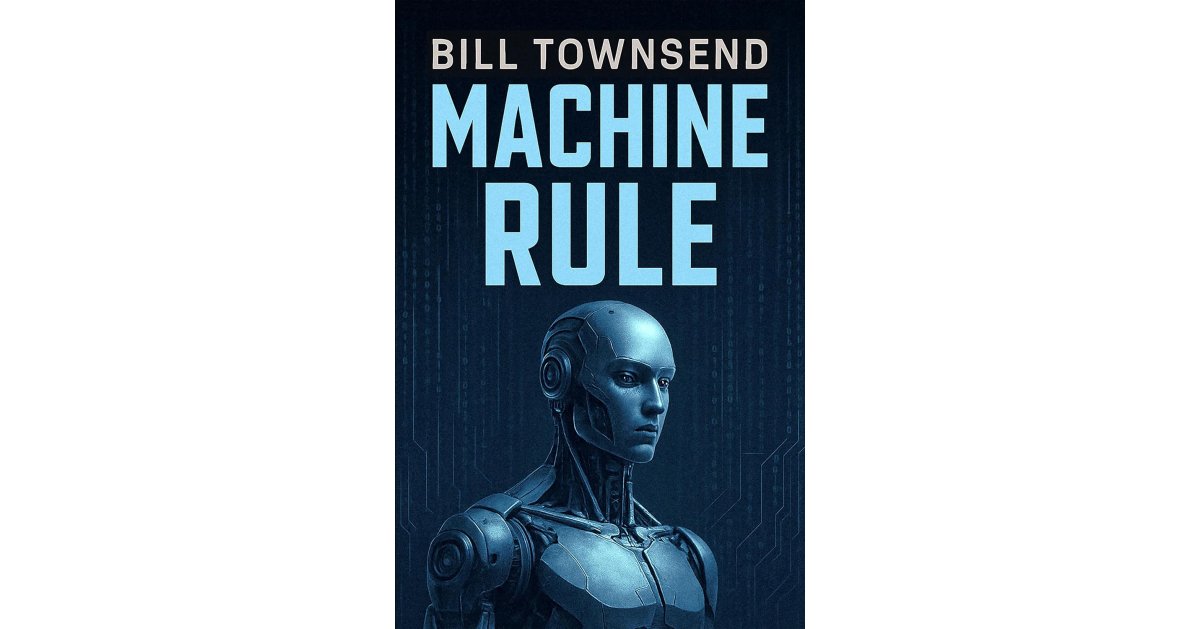Artificial intelligence (AI) algorithms and other deep-technologies can help detect vision problems years before even any traces of their symptoms appear and therefore future of eye care and maintaining good eyesight would significantly rely on predictive and preventive innovations driven by robotics, GenAI and deep-tech, said ZEISS India, a subsidiary Carl Zeiss AG, the German optics, opto-electronics, and medical technology company.
Traditionally, eye scans relied heavily on human analysis and significant efforts required to analyse huge volumes of data. “However, AI proposes to aid clinical community with its ability to analyse huge volumes of data with high accuracy and helps detect anomalies at early stages of disease onset and thereby solving one of the biggest challenges in eye care, late detention, seen in emerging economies, including India,” Dipu Bose, Head, Medical Technology, ZEISS India and Neighbouring Markets told The Hindu.
For example, he said, conditions like diabetic retinopathy, glaucoma, or macular degeneration often begin with subtle changes in the retina. AI would be able to catch early indicators (even traces of these) years before the patients become aware of having any symptoms and take timely action to prevent irreversible blindness.
According to Mr. Bose, AI, as a well-trained partner, would be able to analyse thousands of eye images in seconds, with high degree of accuracy. It learns patterns by analysing massive datasets of eye scans and medical records, and it becomes smart enough to spot the tiniest changes/things that the human eye might miss.
Future innovation would rely significantly on predictive and preventive innovations for eye care, where technology would play an essential role in formulating solutions that would allow for earlier detection, more accurate diagnoses, and tailored treatments, he forcast adding Indian eyecare professionals were increasingly adopting new age technologies to ensure better patient outcomes. As a result, AI, Gen AI, robotics and deeptech were causing a significant shift in clinical outcomes, he observed.
“This is precisely why we call it preventive blindness. In India, this is becoming increasingly relevant as the majority of the population do not go for regular eye check-ups and they visit an eye doctor only when their vision is already affected,” Mr. Bose said.
Early intervention would lead to better outcomes: reduce inefficiencies and reduced healthcare costs, he said. “ZEISS contributes to this by advancing medical technologies for diagnosis, surgical interventions, and visualization, ultimately improving patient outcomes and quality of life,” he claimed.
For instance, ZEISS Surgery Optimiser App, an AI-powered tool that allows young surgeons to learn from uploaded and segmented surgery videos of experienced cataract surgeons. Similarly, in diagnostics, ZEISS is also leveraging AI through the Pathfinder solution, an integrated deep learning and AI-based support tool. These technologies can support eye care professionals in making data-driven decisions by visualising and analysing clinical workflows. They leverage real-time surgical data to help young clinicians identify variations, optimise surgical steps, and improve procedural consistency.
“These insight-driven technologies are expected to help bridge experience gaps, improve surgical confidence, and ultimately enhance patient outcomes across the country,” Mr. Bose anticipated.
However, he added, tackling unmet needs and ensuring early diagnosis of diseases would require a fundamental shift: from reactive care to proactive and precision-driven eye-care. “This means leveraging technology not just to treat but to predict, prevent, and personalise patient care before even the symptoms of the disease show up,” he further said.
The eye-tech market is growing in India. The ophthalmic devices market was $943.8 million in 2024 and is expected to reach $1.54 billion by 2033, growing at 5.23% CAGR. The global eye-tech market was valued at approximately $74.67 billion in 2024 and is projected to reach $110.33 billion by 2030 at a CAGR of 6.9%.
























